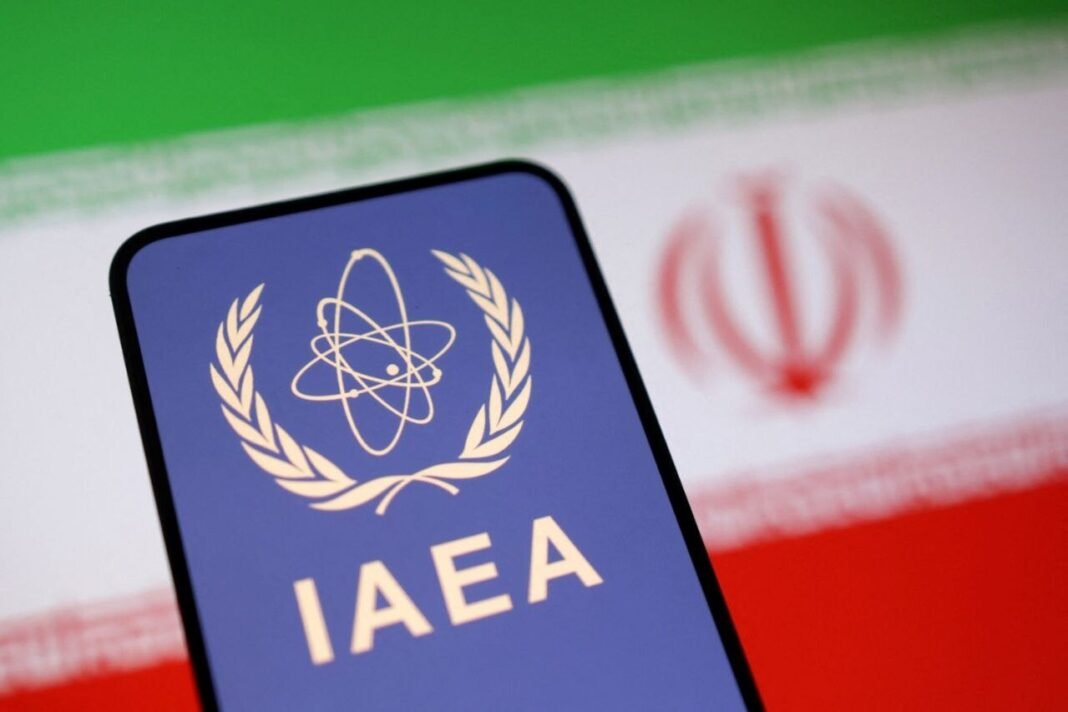Relations between Azerbaijan and Russia are increasingly strained, with diplomatic friction rising in recent months — from the tragic crash of the Baku–Grozny passenger flight to the violent arrests of Azerbaijani nationals in Russia, which have led to multiple deaths. What’s fueling this breakdown, and how serious is it? These questions were posed to MP Gulshan Pashayeva, a member of the Board of Azerbaijan’s Center of Analysis of International Relations (AIR Center).
When Did the Rift Begin?
“The current rift can be traced back to December 25, 2024, when an Azerbaijan Airlines passenger jet en route to Grozny crashed in Russian airspace. Preliminary investigations suggested the aircraft was struck by external force — likely from an air defense system — causing it to go down. Russian President Vladimir Putin issued an apology to Azerbaijani President Ilham Aliyev, but Russia never officially acknowledged fault or compensated the victims’ families or the airline,” said Pashayeva.
The crash resulted in 38 fatalities out of 67 people on board. “Despite the apology, the incident remains unresolved — those responsible have yet to be held to account,” she noted.
Cyberattack and Media Fallout
Tensions further escalated in February 2025, when Azerbaijani state media outlets were hit by a large-scale cyberattack. “In May, a parliamentary commission linked the attack to Russian hacking group APT29 (also known as Cozy Bear). The incident was reportedly retaliation for Azerbaijan shutting down the unauthorized operations of the Russian cultural center ‘Russian House’ and moving to ban Sputnik Azerbaijan,” Pashayeva explained.
Violent Arrests in Yekaterinburg
Tensions reached a new high after a police raid in Yekaterinburg resulted in the deaths of two Azerbaijani nationals and injuries to several others. Russian authorities said they were reopening cold cases from the early 2000s — but the use of force and ethnic targeting triggered outrage in Baku.
Pashayeva argued that “even in multiethnic states like Russia, law enforcement must respect basic international human rights norms. What happened to Ziyaddin and Guseyn Safarov, who died during arrest, is unacceptable.”
Growing Concerns Over Ethnic Discrimination
She warned that “this incident reflects growing chauvinism in Russia against ethnic minorities — not just Central Asians, but also Azerbaijanis.” While Russia remains ethnically diverse, incidents like these reinforce concerns that racial profiling and discriminatory policing are on the rise.
How to De-escalate?
According to Pashayeva, de-escalation starts with diplomacy and clear communication:
-
Remember the fundamentals — Azerbaijan and Russia are neighbors bound by a Declaration on Allied Interaction, which must serve as a basis for managing tensions.
-
Focus on mutual interests, from the North–South transport corridor to Caspian Sea cooperation.
-
Push back against hostile narratives — there are actors in both countries that benefit from deepening the divide. Experts and civil society in both nations must step up to propose constructive, evidence-based solutions to prevent a repeat of these incidents.




